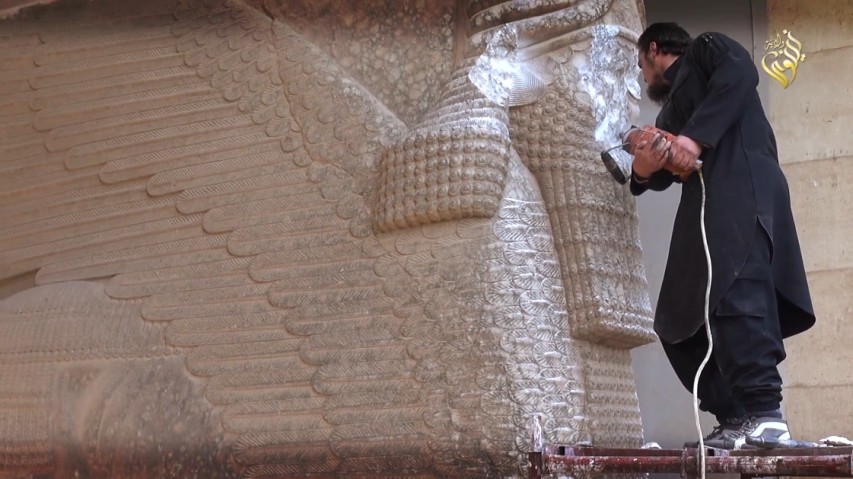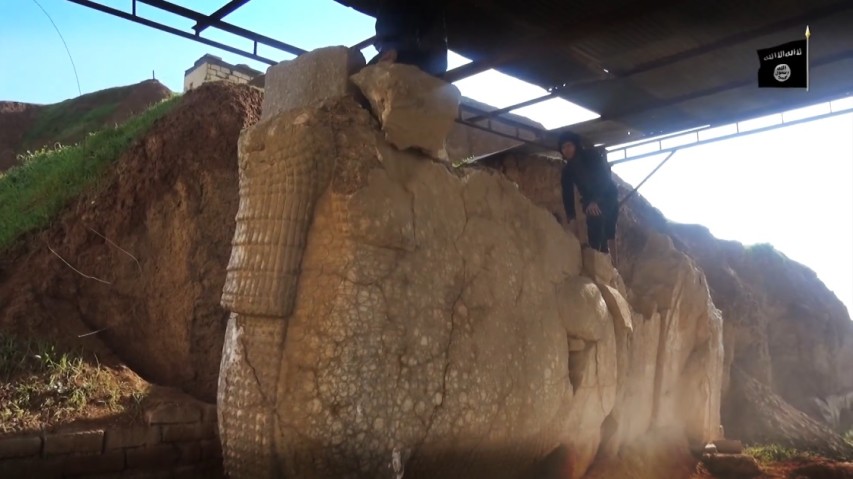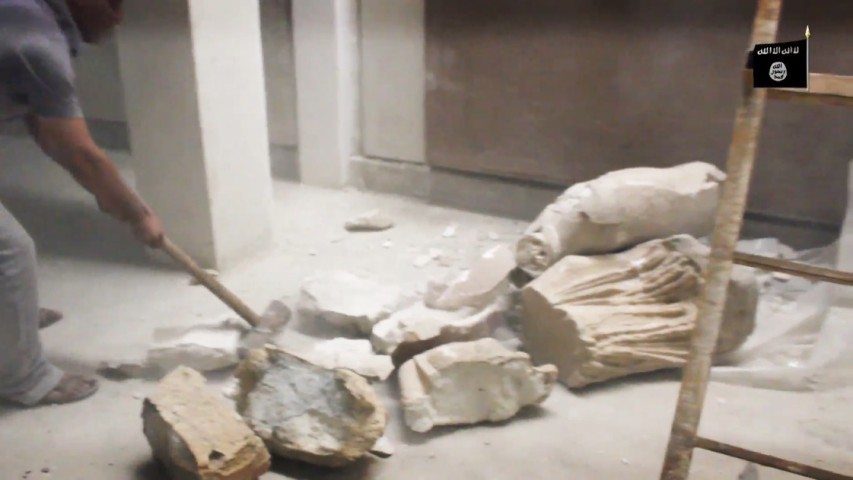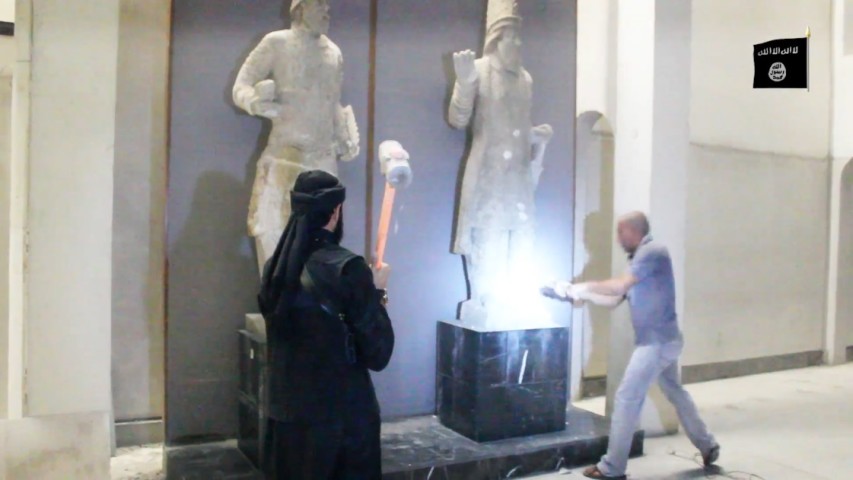While we’re on the topic of odd beliefs in the middle east, here’s a fascinating court case:
If the East ever perfects its own version of the courtroom drama — Piri Mason, say — it will surely consist of dramatic moments like this: Koksal Sahin, a Turkish man accused of murdering his girlfriend, stealing her valuables, and fleeing from Istanbul to Izmir, pleaded not guilty this week and offered the court revelatory testimony of what actually happened. “As far as I understood,” Mr. Sahin told the court, “a genie attacked her.”
According to the defendant, when this genie saw an Islamic amulet that was hanging from Mr. Sahin’s neck, the malevolent entity went berserk. Mr. Sahin realized what was happening because his late girlfriend was “saying something in Arabic” while attacking herself. The genie not only caused Mr. Sahin’s girlfriend to stab herself in the stomach and cut her own throat, he testified, but it also grabbed Mr. Sahin himself and flew him off to Izmir, where he found himself registered as a guest in a hostel, apparently in possession of the girlfriend’s valuables.
But Mr. Sahin’s story is not as ironclad as it may seem. While several aspects of the story are consistent with the behavior of genies — or djinn — according to traditional lore and even some judicial precedent, others are previously unrecorded. Djinn are certainly believed to be able to possess human beings and to influence their behavior, and they have a long mischievous history of flying people about and depositing them in distant places, especially when the humans are asleep. And while cases of djinn killing people may exist in the lore, instances of djinn murdering their own human hosts unprovoked are highly unusual.







